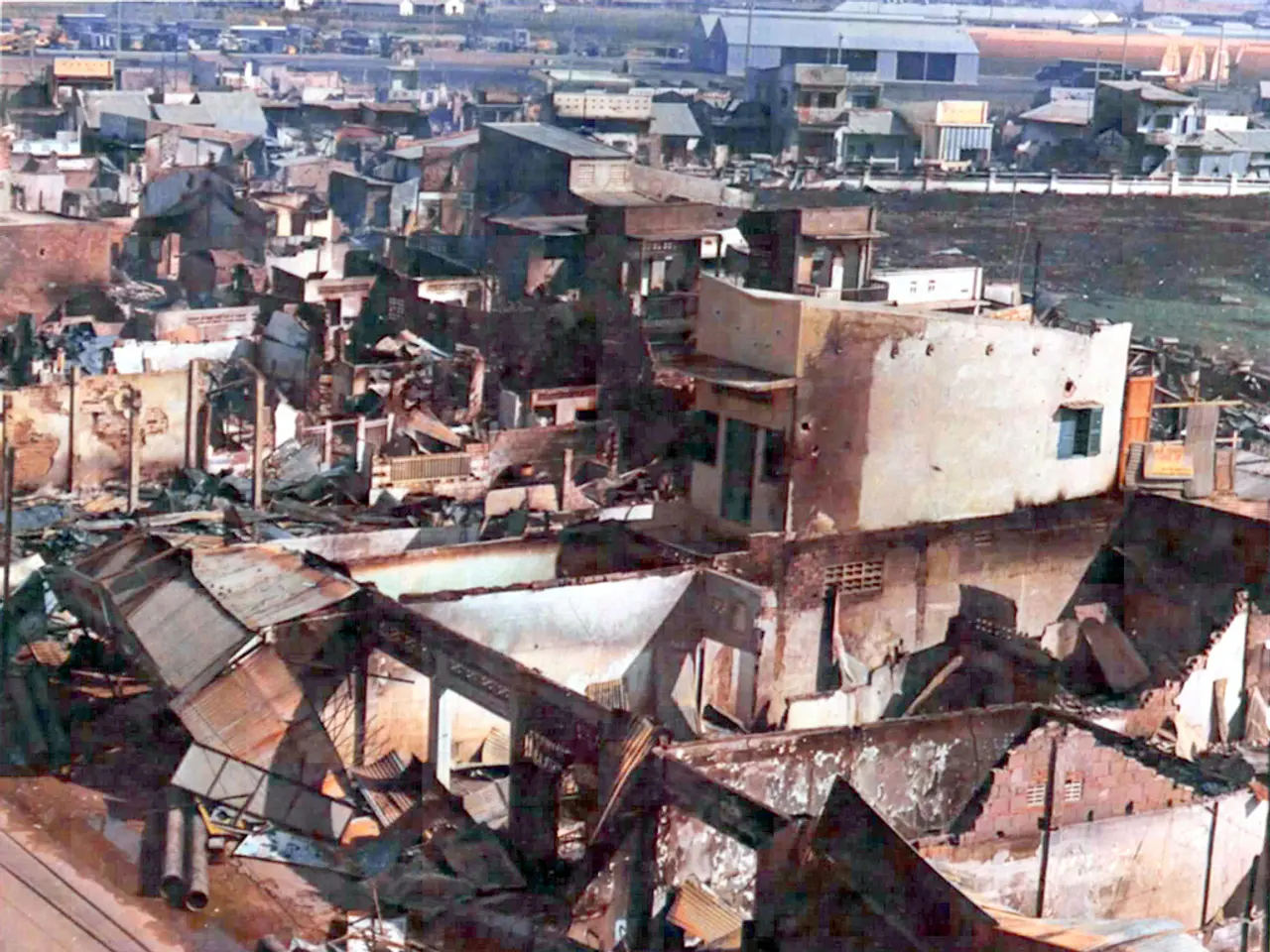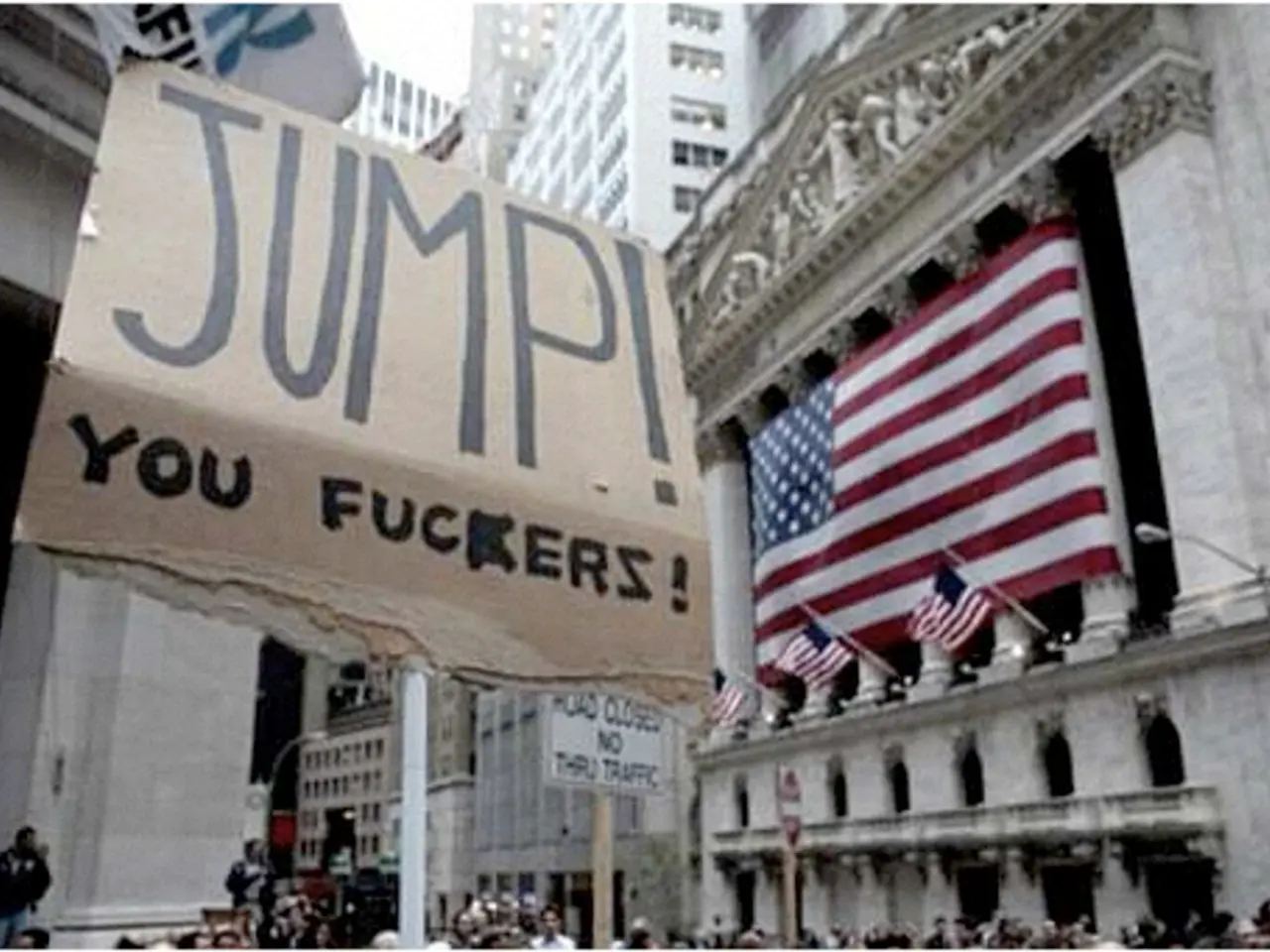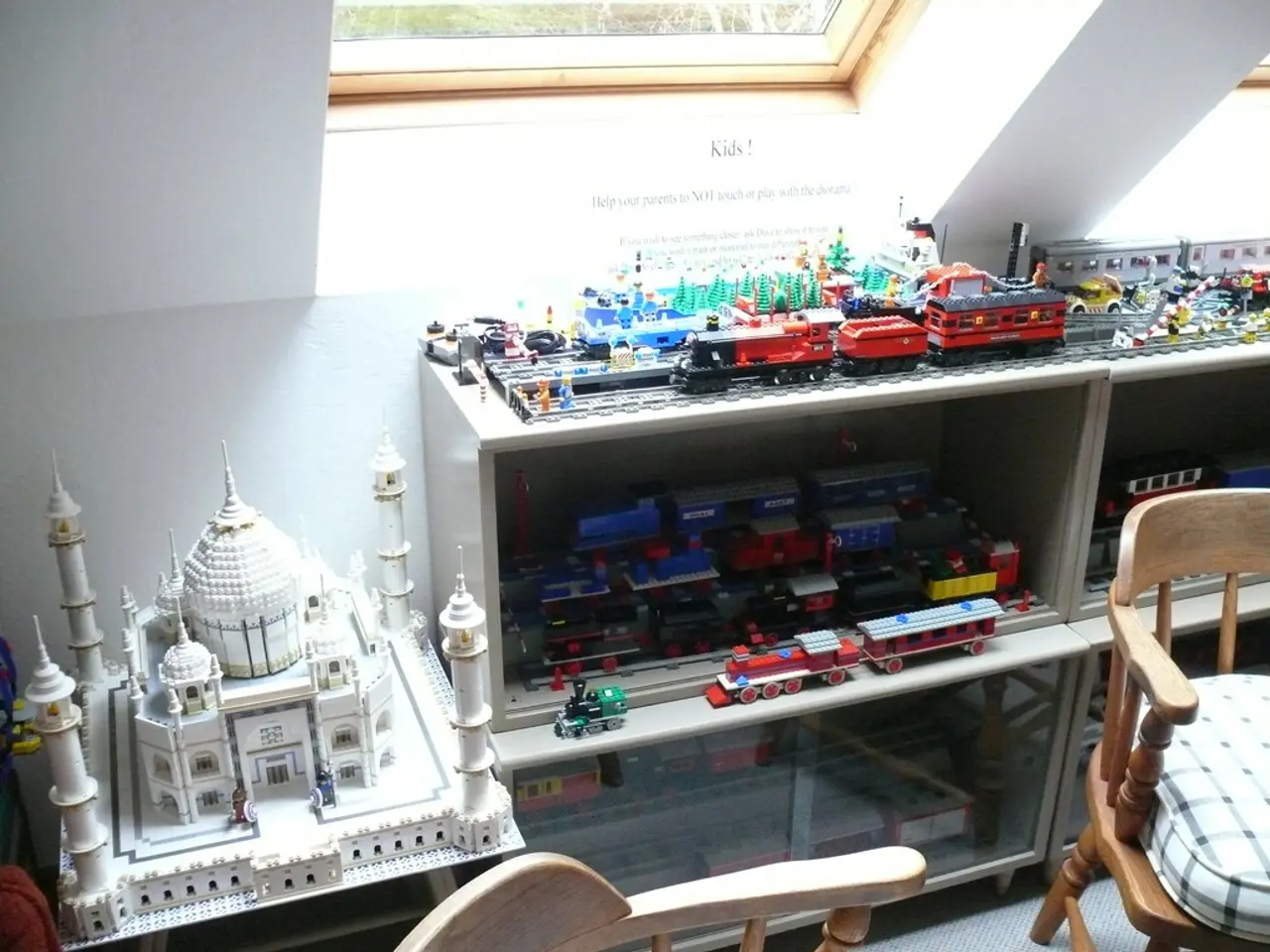France's Broken Promises Regarding the Olympics
The Paris 2024 Olympics, aimed at revitalizing the city and its surrounding areas, have had a mixed impact on the housing crisis in Saint-Denis, one of the poorest neighborhoods near Paris.
Huiban, an activist with the campaign group Right to Housing, has been at the forefront of protests against the local government, voicing concerns about the housing situation in the commune. The department of Seine-Saint-Denis has a high number of social housing requests, with people on the list waiting an average of almost three years to secure a home, according to local officials.
Initially, the Olympics were pitched as a solution to Saint-Denis’s long-standing housing crisis. The project was expected to deliver about one-third of the 30,000-40,000 planned new homes as affordable housing. However, only around 11% of these homes were actually delivered as affordable housing.
The demolition of thousands of existing social housing units to make way for Olympic-related developments has further exacerbated housing difficulties for some residents.
Despite these shortcomings, the Olympics have led to the creation of the Saint-Denis Olympic Village, which was designed to become a new district for students and families post-Games. This suggests a positive redevelopment legacy in terms of housing and community infrastructure.
However, the initial target for allocating new apartments in the former Olympic village to social housing tenants was 40%, but it has fallen to around 20%. Local residents have taken to protesting outside the local government offices, and their efforts have not gone unnoticed. City officials have agreed to meet with the protest organizers from Right to Housing, marking a minor victory for the group.
Mayor Mathieu Hanotin has highlighted the disproportionate number of social housing requests the commune fulfils compared to wealthier neighbouring suburbs. Marie Huiban, one of the protest organizers, claims the Olympics have made the housing situation worse in Saint-Denis.
Critics argue that the approach risks accelerating gentrification while doing little to bring down social housing waiting lists. The municipality appears to be embracing a strategy of attracting middle-class Parisians to the periphery to boost tax revenues and fuel local economic growth.
In France, authorities must rehouse people in urgent need of social housing within six months. However, in Saint-Denis, the target of rehousing people in six months is routinely missed.
Despite the challenges, Huiban and the Right to Housing group will not be discouraged by the endless merry-go-round of French bureaucracy and plan to continue pressuring the local authority after summer. President Emmanuel Macron claimed the project would be a model for tackling France's housing crisis, but the reality on the ground in Saint-Denis suggests a more complex picture.
[1] Source: The Guardian, "Paris 2024 Olympics: The housing legacy for Saint-Denis", link
[2] Source: Le Monde, "Les promesses de logements sociaux des Jeux olympiques de Paris 2024", link
[5] Source: The Local, "Paris 2024 Olympics: What's the legacy for Saint-Denis?", link
The Paris 2024 Olympics, initially proposed as a potential solution to Saint-Denis's persistent housing crisis, have stirred controversy due to the discrepancy between the promised and delivered number of affordable housing units. marsupial complaints and protests from activists like Huiban, a member of the Right to Housing campaign group, point towards the exacerbation of housing difficulties in the commune. Furthermore, the mistargeting of social housing in the former Olympic village, intended for 40% occupancy but currently around 20%, has become a point of contention in the politics of policy-and-legislation surrounding general-news topics like housing and urban development.







